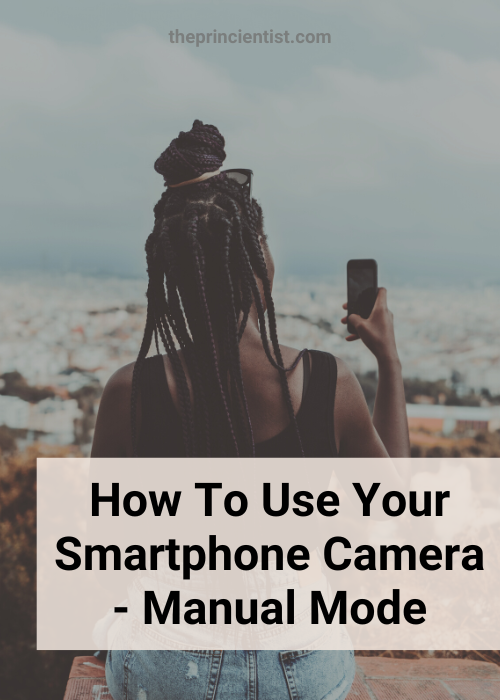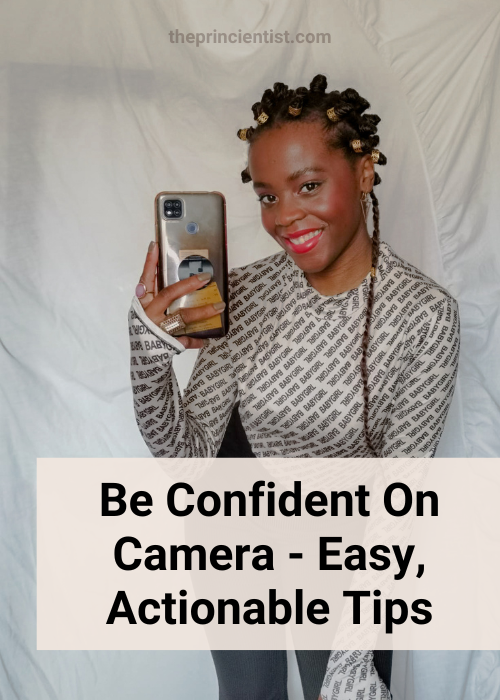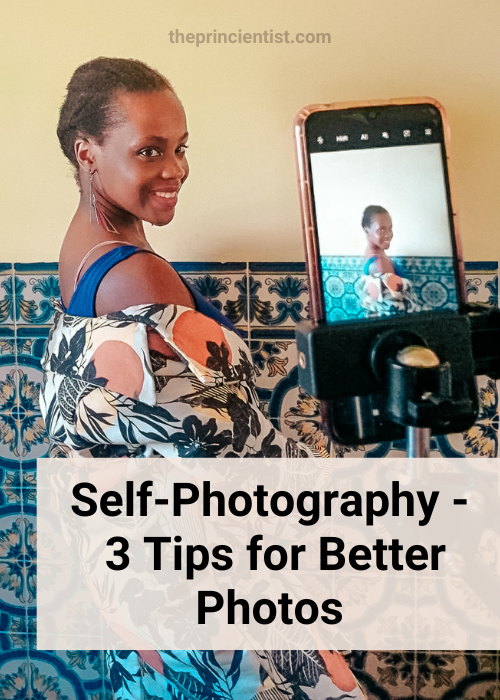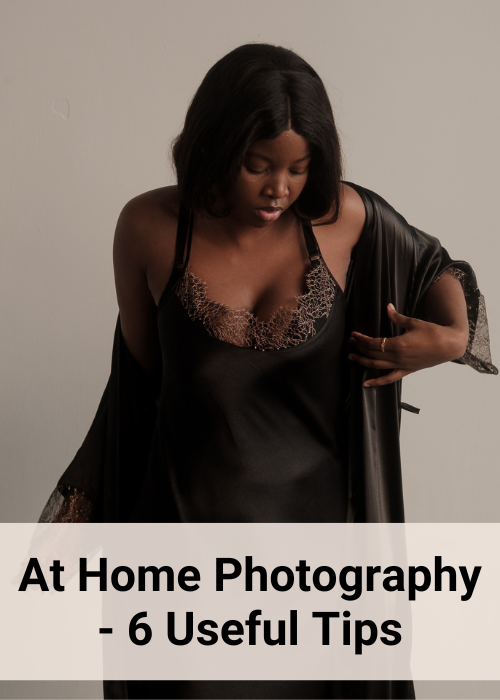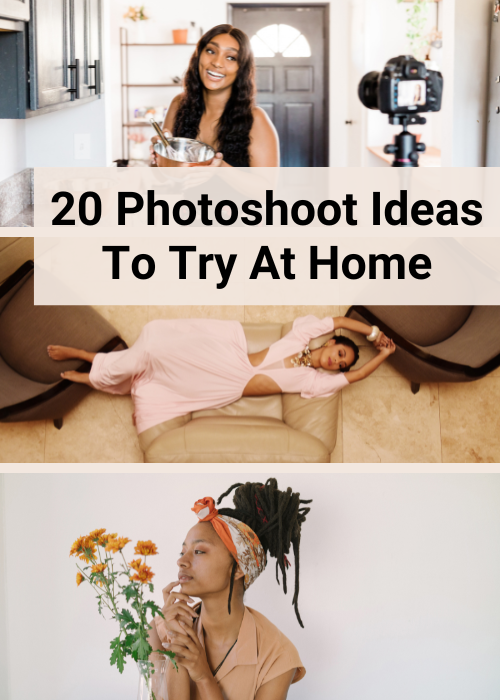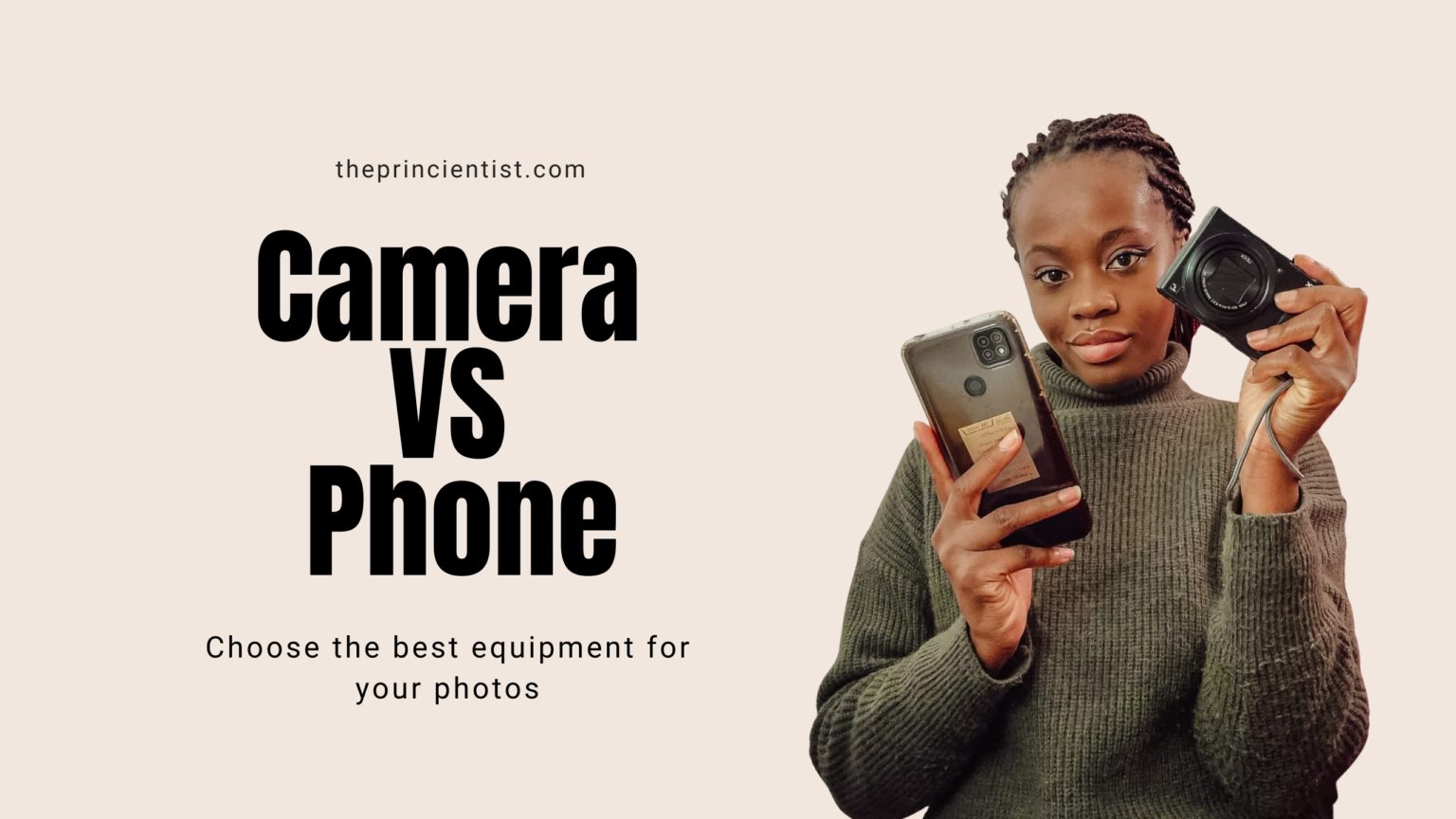
Smartphone or Digital Camera? - Choose the Best Equipment for your Photos
Smartphone or Digital Camera? Probably one of the most asked questions amongst beginners in photography.
Although they perform the purpose of taking pictures, be it design, quality or technique, they are simply not the same.
This article will use five criteria to clarify if a phone or a camera better suits your purposes. You should see it as a guide, where the final decision is yours to make.
Use these five criteria to decide: Quality, Convenience, Time, Money and Ability.
1. Quality
Cameras take photos with more quality. It is a fact. When high-quality matters, digital cameras are the best choice.
But there is something you need to pay attention to. A cheap DSLR may not take such good photos as the best smartphone camera.
So make sure to review the specs of each product before you buy. Youtube has in-depth reviews and photo examples of other users’ work to aid your choice.
If you do not own a camera or cannot afford one, at the moment, try taking pictures with the back camera of your phone for better quality and change the quality settings for better results. You may be surprised by how much the image quality improves.
If quality is the only concern you have your answer. In this criteria, cameras win. But analyse your work objectively.
Are your photos good enough for now, or do you constantly feel like they are not what they should be?
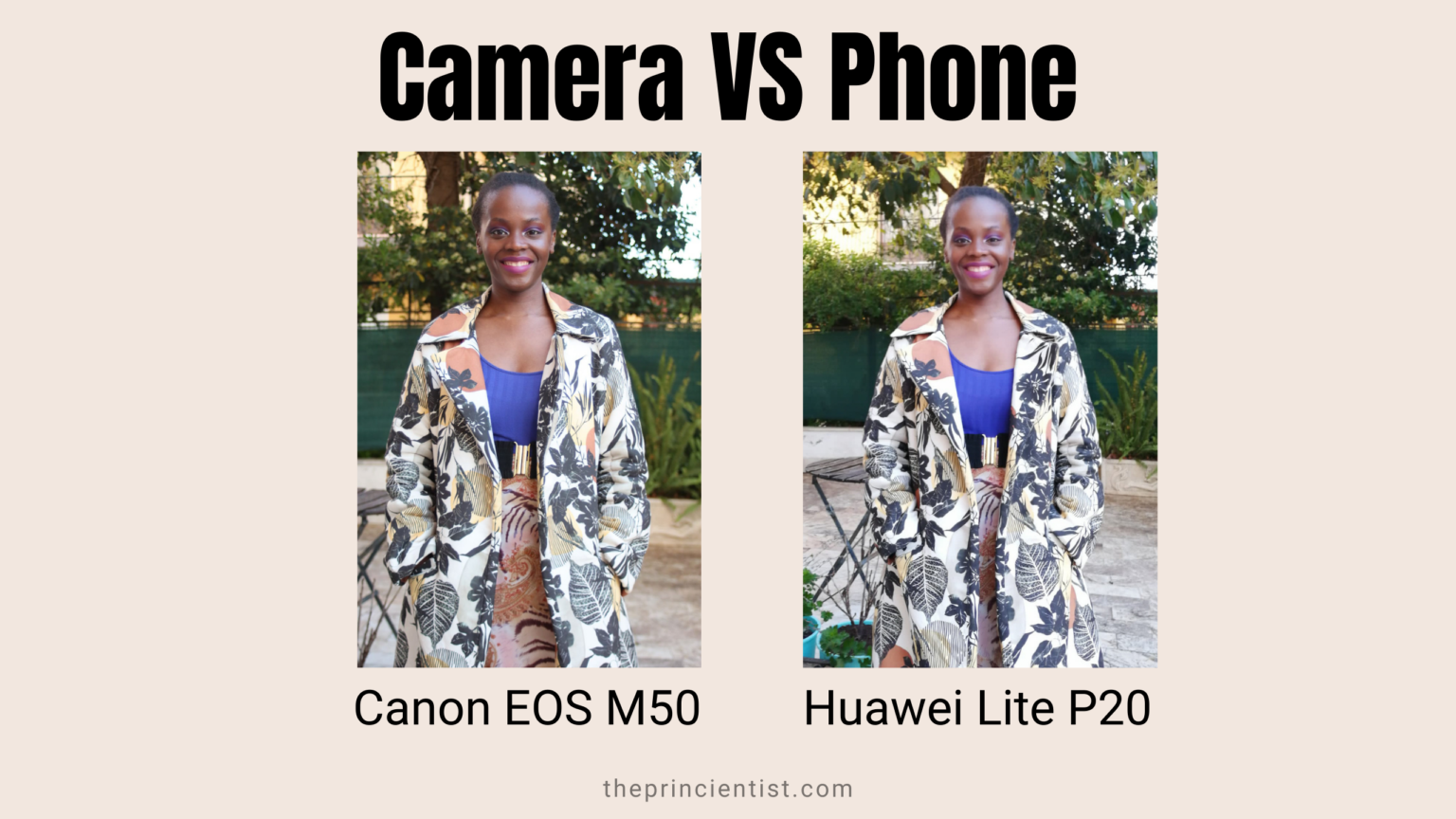
2. Convenience
Convenience in use matters. The biggest difference is size.
Almost all professional cameras are bigger than mobile phones making smartphones way more portable.
Your phone is the most convenient because it is always with you. In this category, smartphones win.
Phones are designed to be easy to use, and cameras are automated making them accessible to anyone at any level, from beginners, amateurs and professionals.
Convenience in pre and post-production also matters. A smartphone as a multi-purpose device can do so much, not only take photos and videos.
Editing is easier and faster. You can save inspo images and have them accessible at any time without a second piece of equipment.
You can keep a shotlist and location list. No matter how much work you do, you still have the convenience that all happening on your phone.
Right now the choice of equipment is between convenience and quality. Each piece of equipment with its advantages. The next criteria will help you have a clearer idea.
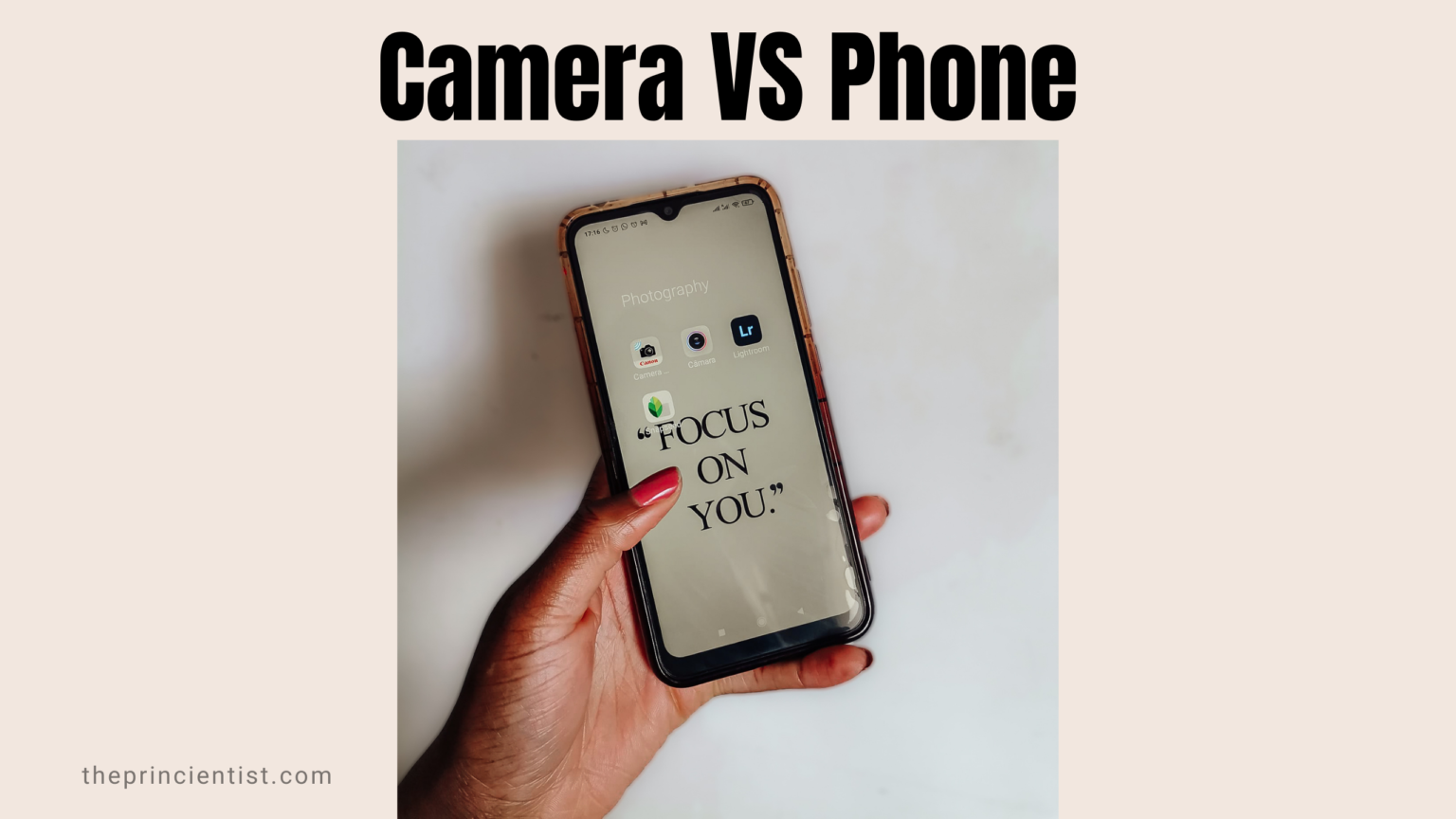
3. Time
It refers to the time it takes to master the equipment – both the theory and practice. From the learning curve to an understanding of theoretical topics.
The time used in pre and post-production is also very different. There is no clear winner in this criteria, it depends on your availability.
Digital cameras take longer to master but produce better results (in terms of quality, colour, and settings available…).
They also have more steps before and after taking a photo. While smartphones are easy to master and easy to understand, the results are not as good as a digital camera.
This is something to consider depending on the purpose of your photos and your objectives long term.
Spending a lot of money on a professional camera that you won’t learn to use properly is not going to be worth the investment.
Considering the time investment, you have to be realistic with how much time you have available during the week, and how much of that time you are willing to allocate to photography.
This evaluation is the determinant of this choice. There are still 2 criteria left to help you decide.
4. Money
The cheaper option is the smartphone because you already own a phone and the camera that comes with it.
Even if it is an expensive phone, it has various purposes and the capacity of a small computer, so you are not at a loss. Smartphones win in this criteria.
A low-end digital camera and its accessories (lighting, tripod, lenses, backdrops…) start at €200-500 and can go up to €800 or more.
Additionally, you may need to take photography classes to learn how to use your equipment, and you need a computer with paid editing tools to get high-quality results. There are free options and DIY hacks to some of these costs, but it is still expensive.
Consider if you have the money at the moment to invest in upgrading from your smartphone to a digital camera.
You can also start saving the money needed for a DSLR while using your smartphone.
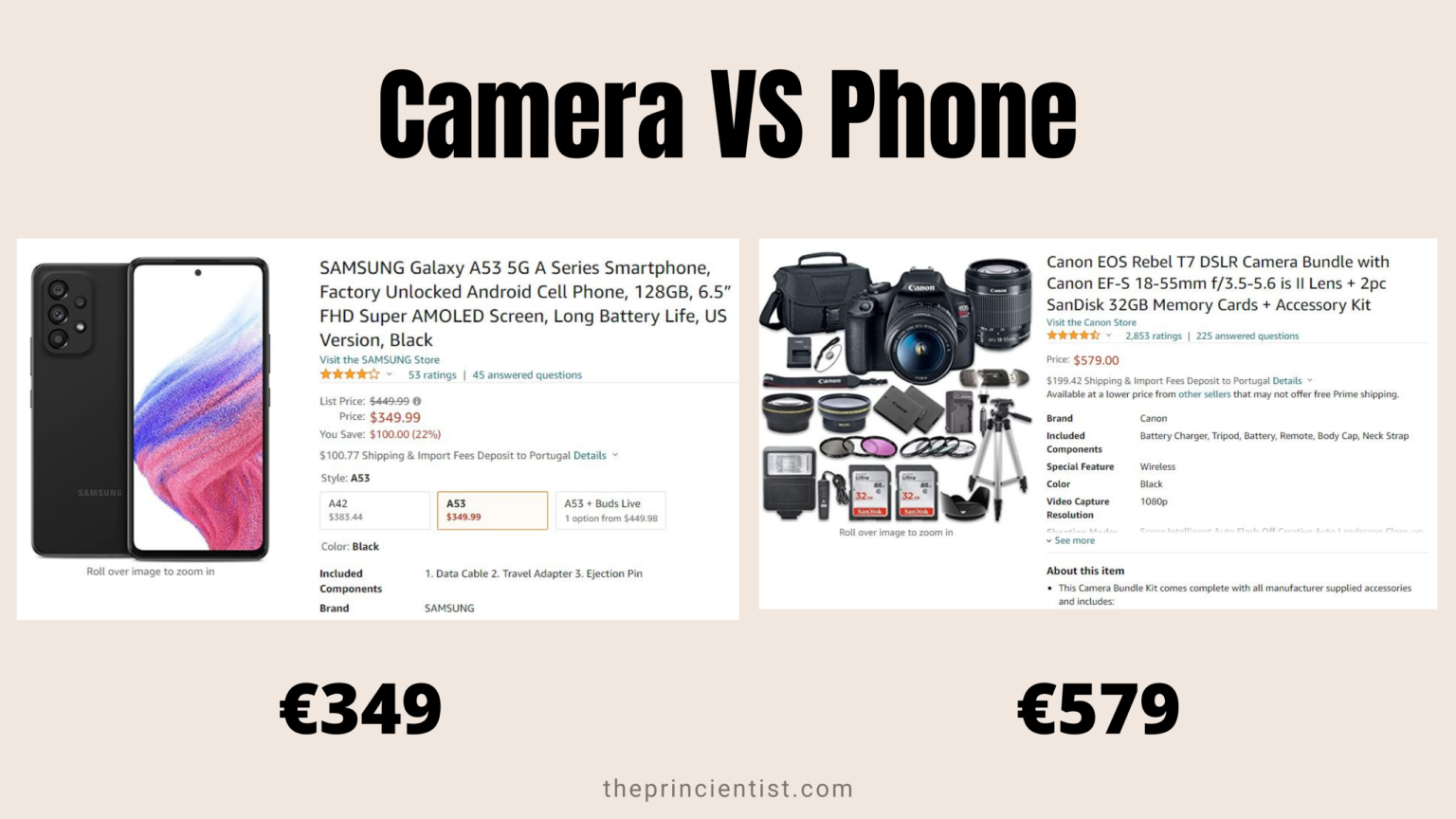
5. Ability
The learning curve is no joke. Manuals are not always helpful, and you need to learn the absolute basics and the theory. You can’t just point and shoot, especially with a professional camera. I wish it were that easy.
Learning the theory behind lighting, composition, and colour is essential whether you are using a smartphone or digital camera.
It is a clear difference between having beginner or professional results.
I advise learning to use your equipment regardless of being a smartphone or a digital camera to improve the quality of all your photos.
Google and YouTube videos are your best allies to understand the theory and practice beyond basics, but the best teacher is experimenting and practising.
The good thing about photography is that there is no prerequisite other than having a camera. Your skills are your only limitation.
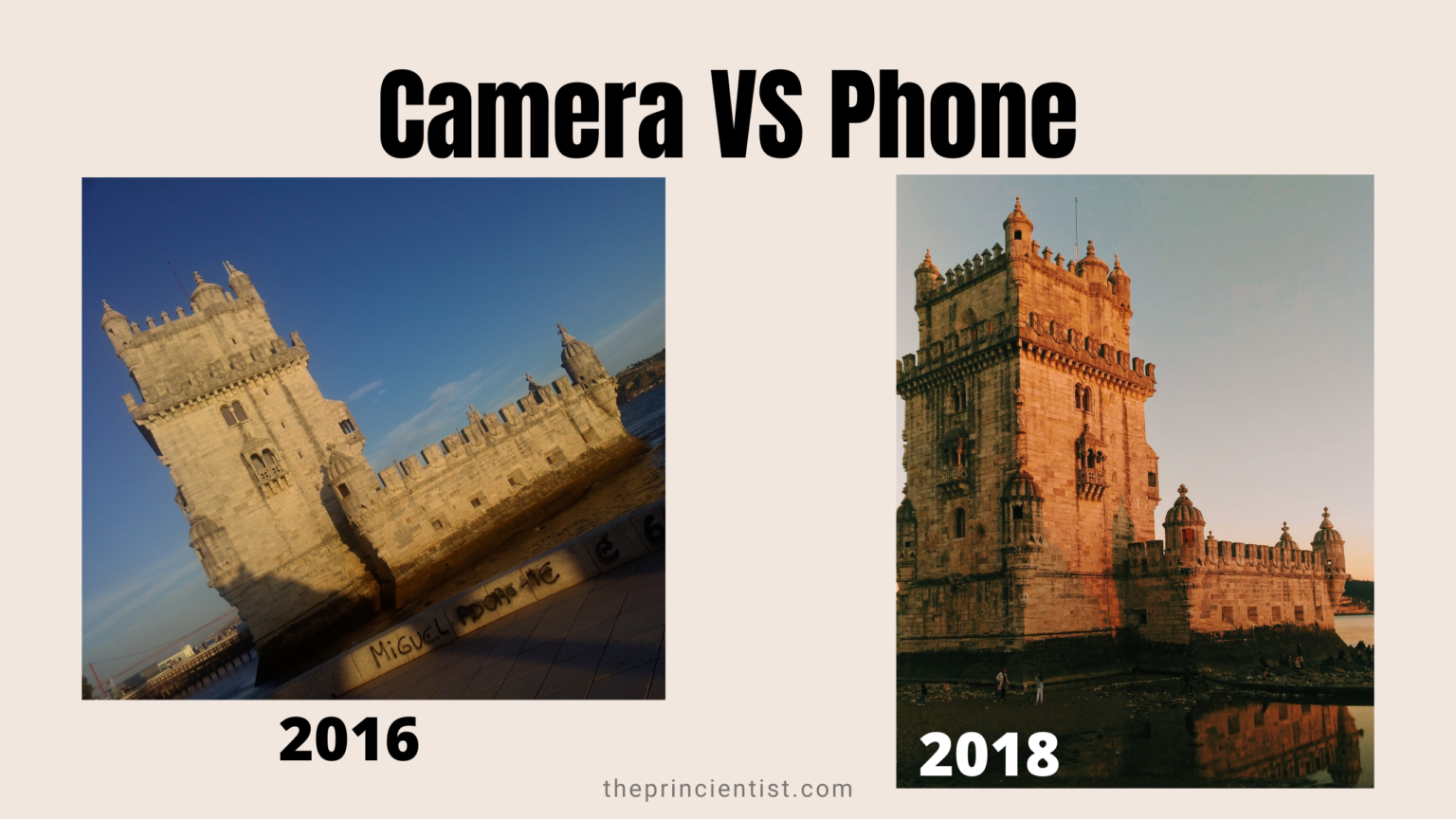
I leave you an extra criterion to help you.
Bonus – 6. Purpose
If you need high-resolution photos for a business, blog or brand work I recommend you learn how to use a DSLR now so you’ll be ready.
You can start with a low-end digital camera and upgrade as you see fit.
Professional platforms that make you money and even clients may demand from you photos from a digital camera. If you cannot afford one right now start saving. You’ll need it eventually.
There is nothing wrong with starting with a smartphone.
Many of the amazing influencers and bloggers you follow, including myself, take most of their pictures with their smartphones. They create all of their content with it.
Ms Monique is a great example of a black woman influencer that does all her content with her phone with high-quality photos and videos.
And she takes her photos by herself. You can check her out for tips to help you get started.
Conclusion
In the end, a smartphone VS a digital camera is a personal choice, and your decision will depend on your long-term goals.
If the content you want to shoot is for fun maybe a smartphone is enough. If you cannot have low-quality photos a digital camera is a must.
Evaluate your lifestyle and make concessions. If you opt for convenience you lose quality. If you opt for quality you will spend money and time.
If you are serious about photography and want to start as more than just a hobby, buying a digital camera is worth the pursuit.
Be prepared to invest time and money to achieve your full potential.
On the other hand, a smartphone is the best option for anyone wanting to take photos occasionally for fun or for beginners that are not ready to commit.
If you are not ready for the commitment a digital camera holds then it’s time to focus on doing what you can to improve your smartphone photography.
Start by using the manual mode available on your smartphone. You will take complete control of your photo and improve your skill.
Fortunately, I have an article to help you get started with the basics.
Learn how each setting affects and improves your photos.
Learn how manual/pro mode works in smartphone cameras, as well as how different smartphone camera settings affect the photos you take – ISO, Aperture, White Balance, Focus and Shutter Speed.
Disclaimer: This article is informational only. I am not a professional photographer so the knowledge presented is from my experience throughout the years. All the picture examples in this article were a result of self-photography and cannot be used without the creator’s permission.
You Might Be Interested In
Self-Photography for Beginners – Article Series
How To Be Confident on Camera? It’s 100% practice. There is no other way around it. But having a method and being deliberate about the actions you take help you build the confidence to succeed. Read my 7 top tips.
Self-photography allows you to take control of every aspect of the picture and make it look exactly how you want it.
Sometimes you don’t want to find a location, take all your equipment and props and photograph there. I advise you to try at home photography. For the best results, here are my 6 most useful tips.
Taking photos at home is good practice to perfect your skills. I leave you 20 at home photoshoot ideas you can try by yourself or with a subject.
